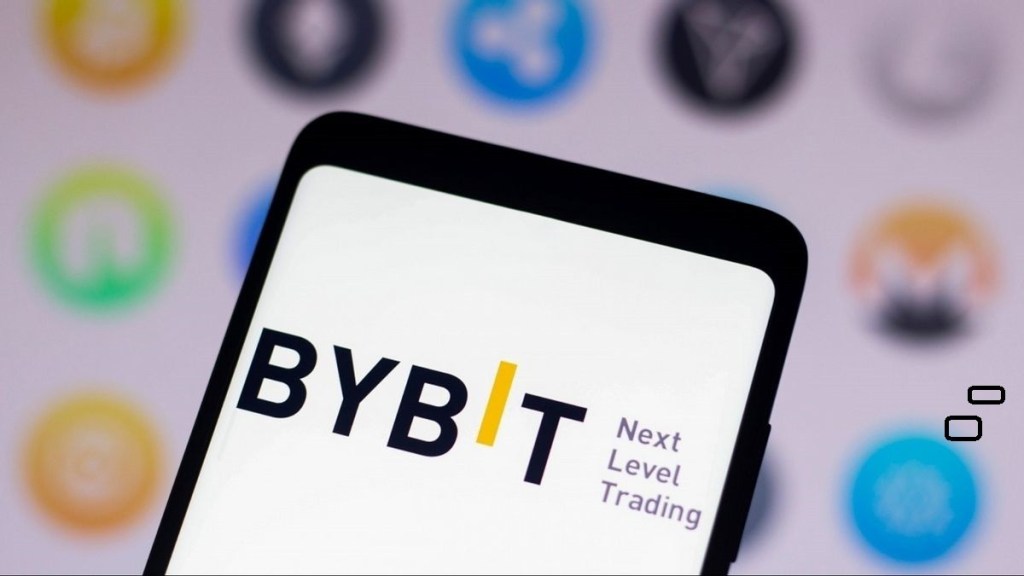Bybit, a well-known cryptocurrency exchange, said it would stop serving French users on August 2. This was a surprise move that shows how strict regulators are becoming.
The decision comes after the Autorité des Marchés Financiers (AMF), France’s financial watchdog, put more and more pressure on the company. Bybit’s operations will be greatly limited, which is a very important time for the exchange and its French customers.
Restrictions Pile Up
French users will have to deal with a lot of strict restrictions. Bybit has declared all accounts to be “close-only,” which means that users can’t open new positions or buy things. Bybit wrote an in-depth blog post about how it was ending a number of services, such as One-click buy, P2P deals, spot dealing, and derivative trading. Making deposits will also be illegal, making only transfers legal.
The regulatory noose will get even tighter on August 13, when Bybit will automatically close any open accounts in spot trading, trading bots, or derivative goods. In addition, all card services connected to the exchange will be shutdown. French users should send help tickets if they have any problems or questions about these big changes.
Historical Background and Problems with Regulations
Notably, Bybit is not the only company that has to deal with legal problems. Another crypto giant, Binance, saw its founder, Changpeng Zhao (also known as CZ), give up control of Binance France in December 2023 because the AMF was pressuring him to do so. These cases show that the French cryptocurrency market is subject to strict rules.

Though it is facing challenges with authorities, Bybit is still a major participant in the global crypto market. Based on August 1 trade count, Bybit ranks second among platforms behind Binance.
Time To Pack Up
Bybit is bidding adios as EU Markets in Crypto Assets (MiCA) laws take effect. MiCA wants all European VDA suppliers to follow the same guidelines. This method encourages new ideas and makes crypto more accessible and safe for investors. These regulations are difficult for trading platforms like Bybit.
The crypto exchange has struggled with French laws before. Lack of any Digital Asset Service Provider permits was among the roadblocks that prevented the exchange from being allowed to operate in the country, not to mention a ban the government imposed against it in 2022.
Featured image from Medium, chart from TradingView















